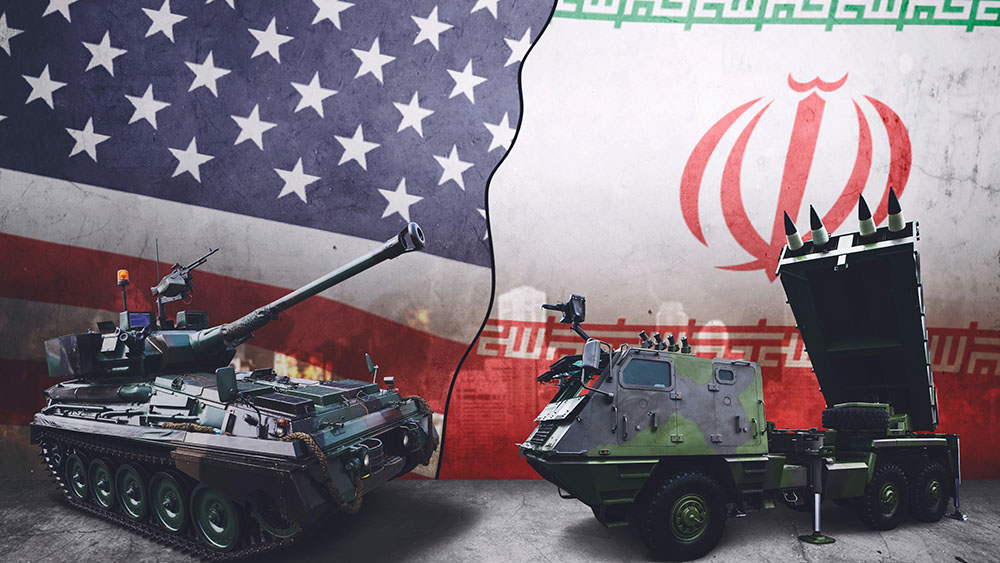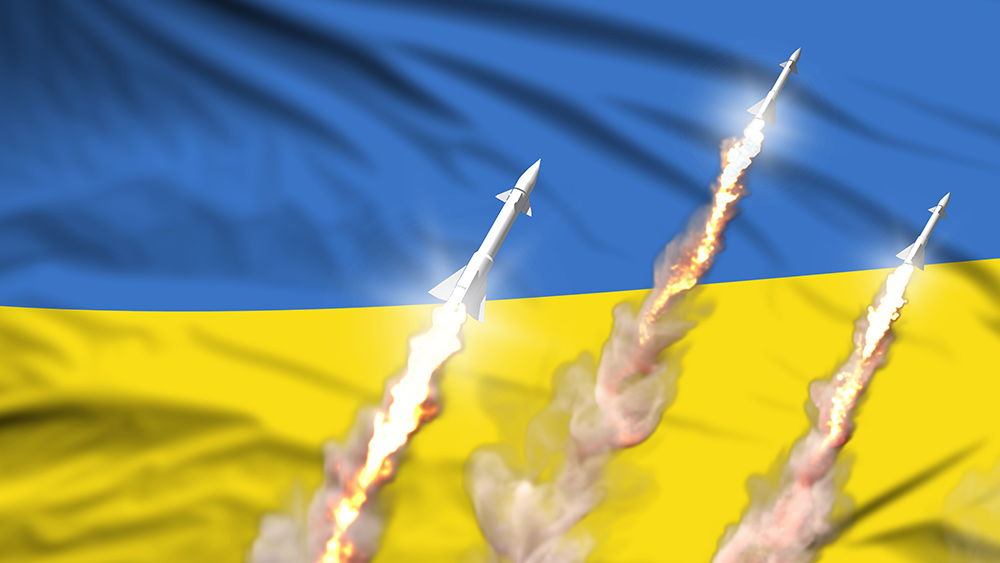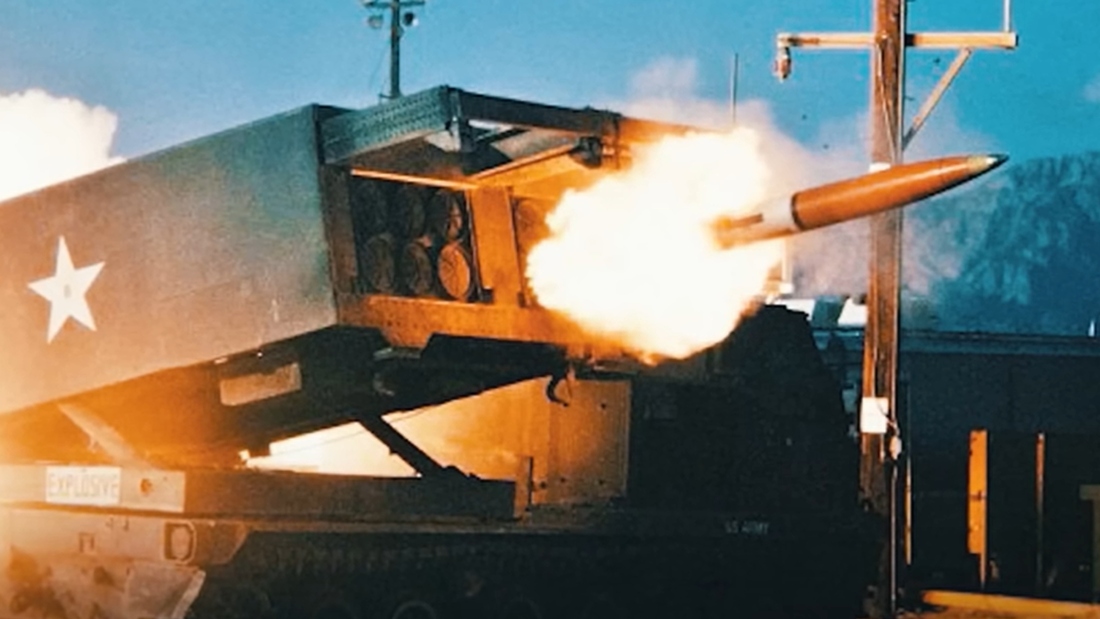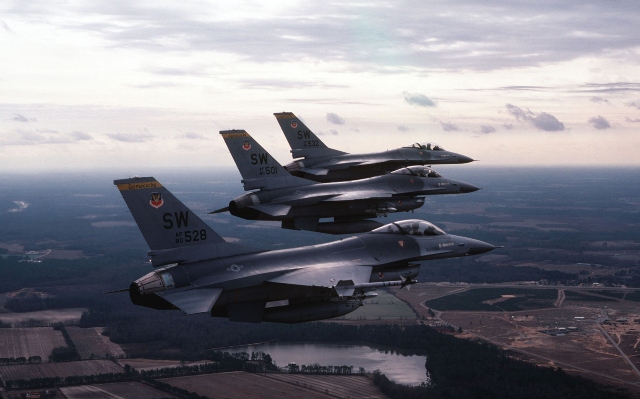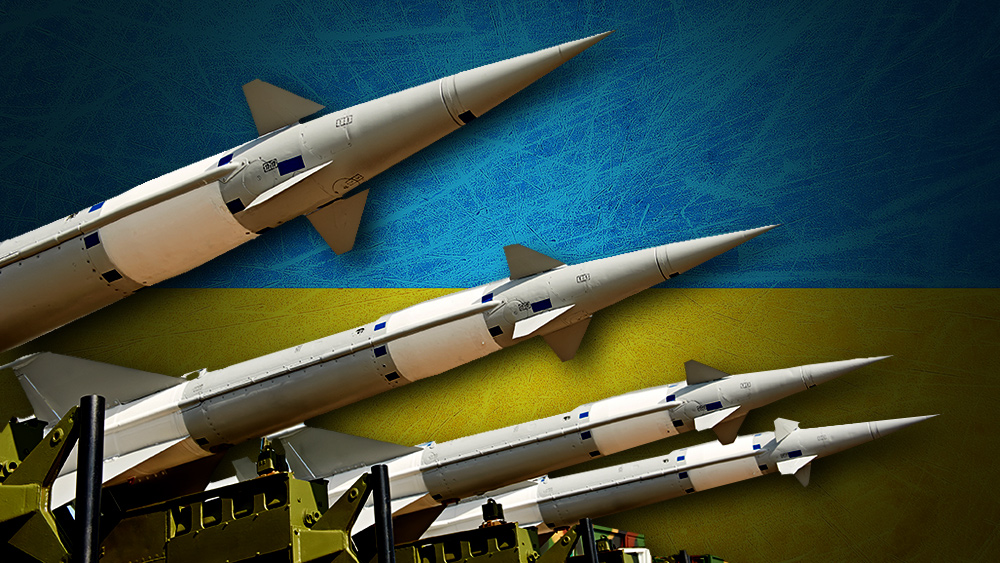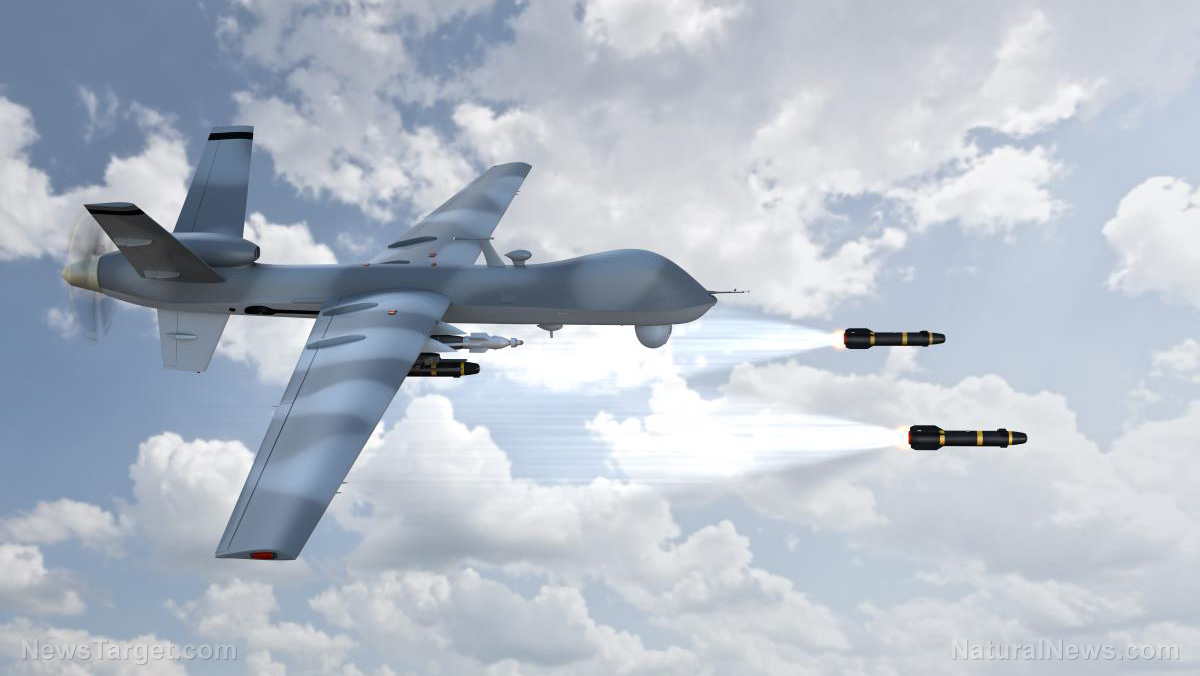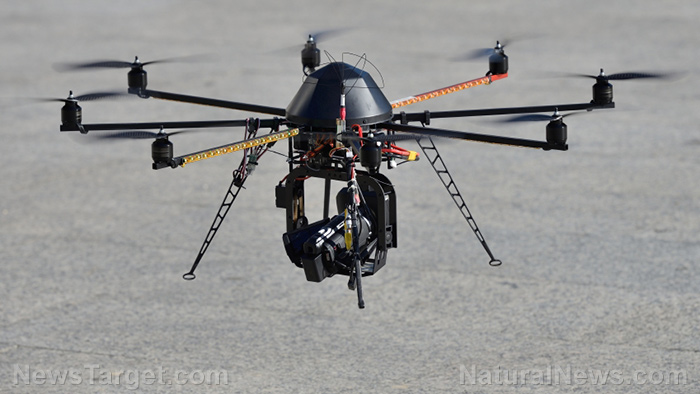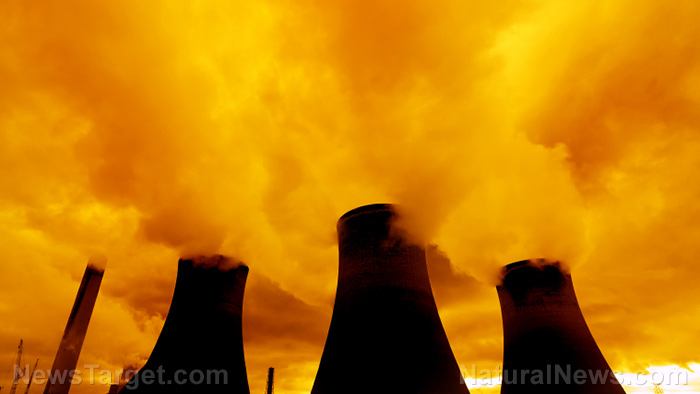ENVIRONMENTAL TERRORISM: Israel bombards southern Lebanon with TOXIC white phosphorus shells
09/10/2024 / By Richard Brown

Israel hit southern Lebanon with the controversial white phosphorus shells on Sept. 6.
The shelling, which occurred in the area between Tal Nahas and Al-Hamams toward the Marjayoun plain, resulted in fires breaking out. Additionally, Israeli jets struck a residential home in the town of Al-Dahaira on the same day. (Related: Israel once again dropping WHITE PHOSPHORUS on Gaza in war crimes assault.)
Earlier that morning, Hezbollah used a suicide drone to target Israel’s Mayaan Baruch military site. The escalation follows an increase in Israeli military threats against Lebanon.
The Israeli military announced that its Yiftah Brigade had conducted drills simulating a ground invasion of Lebanon, navigating “mountainous routes” and “complex terrain.”
Israeli Finance Minister Bezalel Smotrich further fueled tensions by calling for increased military action against Lebanon. On September 5, Smotrich argued that Israel must confront what he termed the “monsters of terror” in Gaza and Lebanon, asserting that a war with Lebanon was inevitable and would be complex but necessary. His statements came amid ongoing conflicts and have heightened concerns about the potential for further escalation.
On August 25, Hezbollah retaliated against the killing of its senior commander, Fuad Shukr, in Beirut in late July, which also resulted in civilian casualties, including children.
In response, Hezbollah targeted two Israeli military and intelligence sites near Tel Aviv using drones, alongside launching hundreds of rockets at sites in the Golan Heights and Galilee to overwhelm Israel’s Iron Dome defense system.
One of the key targets near Tel Aviv was the headquarters of Israel’s Unit 8200, a major intelligence unit.
Hezbollah leader Hassan Nasrallah dismissed Israeli claims of preemptive thwarting of the attack as “Hollywood” narratives. The Israeli military has imposed strict censorship on details surrounding the incident.
Expert: White phosphorous dropped by Israel on Lebanese soil remains toxic longer
Meanwhile, Abbas Baalbaki, an environmental chemistry researcher at the American University of Beirut, has been analyzing white phosphorus remnants dropped by Israel on Lebanese soil for nearly six months and found that it remains toxic longer.
Despite being collected over a month after the attack and expected to be inactive, the samples unexpectedly ignited during testing, emitting toxic fumes that caused severe health symptoms for Baalbaki and his colleague.
This incident suggests that white phosphorus remains dangerously active and toxic for much longer than previously known.
Lebanese experts are raising alarms about the long-term environmental and agricultural damage caused by Israeli use of white phosphorus, which they argue is part of a strategy to make southern Lebanon uninhabitable.
White phosphorus has severely impacted agriculture, destroying thousands of olive trees and burning large areas of land.
With over 91,000 people displaced and ongoing attacks, the situation is dire, exacerbating Lebanon’s existing economic crises.
Local researchers and officials argue that Israel’s actions amount to environmental terrorism and psychological warfare aimed at creating a wasteland to drive out civilians and render the land infertile for future generations.
Learn more about the conflict in Israel at IsraelCollapse.com.
Watch this report from Al Jazeera discussing Hezbollah’s recent missile barrage involving over 200 rockets aimed at military installations in Israel.
This video is from the channel Cynthia’s Pursuit of Truth on Brighteon.com.
More related stories:
Hezbollah unveils vast tunnel network capable of launching missiles.
Hezbollah unveils SECRET MISSILE BUNKER in Southern Lebanon amid rising tensions with Israel.
Sources include:
Submit a correction >>
Tagged Under:
big government, chaos, dangerous, Gaza, Hezbollah, Holy War, Israel, Israel-Hezbollah conflict, Israel-Palestine war, Middle East, national security, Palestine, terrorism, violence, World War III
This article may contain statements that reflect the opinion of the author
RECENT NEWS & ARTICLES
COPYRIGHT © 2017 WEAPONSTECHNOLOGY.NEWS

